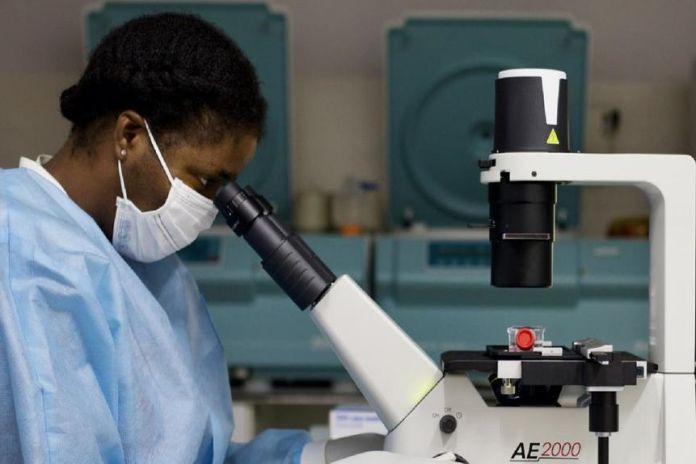BURUNDI, East Africa – Heath authorities said there was a confirmed case in an unvaccinated four-year-old child in Isale district, in western Burundi, as well as two other children with whom he had been in contact.
“Additionally, five samples from environmental surveillance of wastewater confirmed the presence of the circulating poliovirus type 2”, said a press release issued by the World Health Organization (WHO).
Effective surveillance
“The detection of the circulating poliovirus type 2 shows the effectiveness of the country’s disease surveillance”, said Dr Matshidiso Moeti, WHO regional director for Africa.
“Polio is highly infectious and timely action is critical in protecting children through effective vaccination…We are supporting the national efforts to ramp up polio vaccination to ensure that no child is missed and faces no risk of polio’s debilitating impact.”
The disease is transmitted through contaminated water and food, or by contact with an infected person, many do not become seriously ill, but some can go on to develop acute flaccid paralysis. Its early detection is critical in containing a potential outbreak.
Vaccination campaign gearing up
The Burundian government – which has declared the detection of the virus a national public health emergency – plans to implement a vaccination campaign to combat polio in the coming weeks, aiming at protecting all eligible children, from newborns to age seven.
The health authorities, with support from WHO and the Global Polio Eradication Initiative (GPEI) partners, have also begun to investigate the epidemiology of the limited outbreak, including risk assessments to ensure containment.
Burundi bolstering defences
Burundi is further bolstering polio surveillance, with WHO experts in the field supporting additional sample collection as well as assessing the possibility of opening new environmental surveillance sites for early detection of the silently circulating poliovirus.
Circulating poliovirus type 2 is the most prevalent form of polio in Africa and outbreaks of this type of poliovirus are the highest reported in the region, with more than 400 cases reported in 14 countries in 2022.
Type 2 infection can occur when the weakened strain of the virus contained in the oral polio vaccine, circulates among under-immunized populations for long periods.





